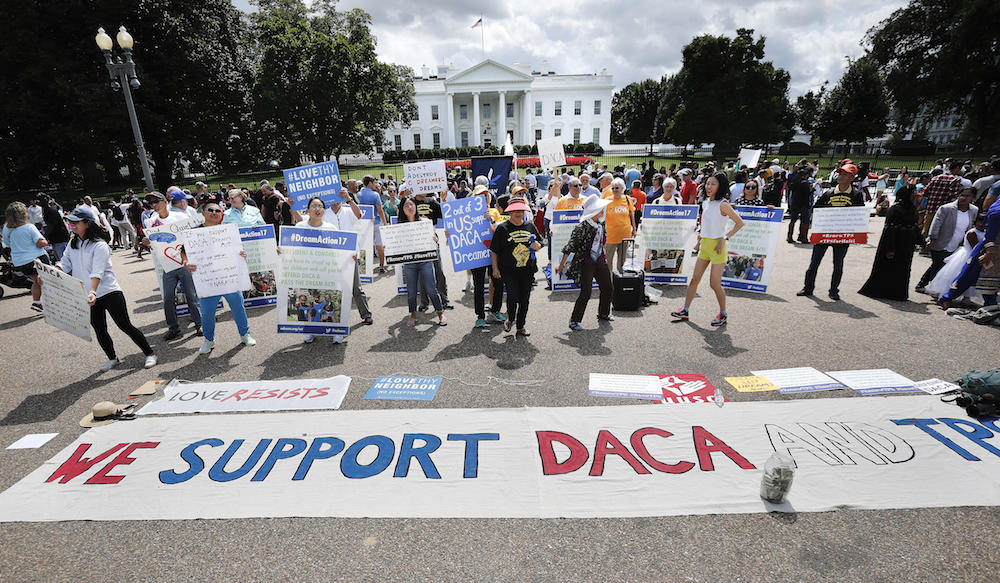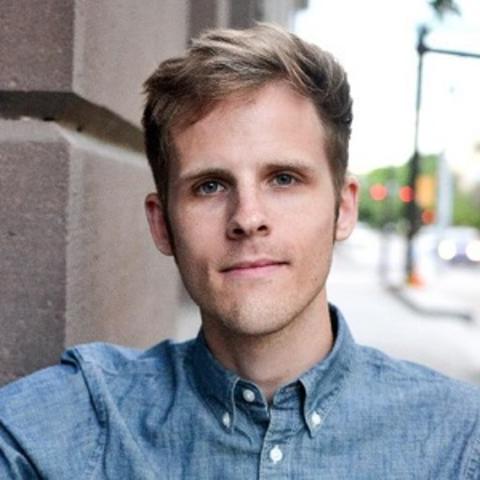Section Branding
Header Content
Georgia Advocates Say DACA Decision Could Launch Wave Of Political Pushback
Primary Content
The Trump administration’s decision to end the Deferred Action for Childhood Arrivals--or DACA--program could launch of wave of political pushback.
U.S. Attorney Jeff Sessions announced Tuesday that the legal protections provided to hundreds of thousands of people who entered the country illegally as children will wind down over the next six months.
“This is like taking a knife and cutting hope wide open and spilling it all over the ground and watching it run into a sewer,” said Charles Kuck, who runs an immigration law firm in Atlanta.
DACA protects more than 24,000 people in Georgia and roughly 800,000 across the country.
Kuck says look to those shielded by the program to become politically active in the next few months and call for a legal path to citizenship for undocumented immigrants.
He also expects the decision to end DACA to make immigration a top issue in upcoming state and local elections.
“Trump and Sessions just unleashed a typhoon of young people, their parents, [and] their friends who will become a massive lobbying and political effort against those who do not sustain a path toward legality for these kids,” he said.
Even before Tuesday’s announcement, the issue had become a flashpoint: hundreds marched in Atlanta Monday to show their support for the program. A similar protest happened in Los Angeles.
Harvey Soto works on civic engagement with the Georgia Association of Latino Elected Officials. He says he’s already received calls from people looking to get involved with the issue.
“We will see how much that goes into the polls. Obviously, it’s too early to know. As far as engaging and making their voices count, we’ve already gotten a lot of interest,” he said.
There’s a lot at stake. Many DACA recipients have lives, jobs, and families in the United States. The end of the program throws all of that into uncertainty.
Marisol Estrada is one such DACA recipient. She’s a recent graduate of Armstrong State University in Savannah, where she was active in a local group that fought for the rights of undocumented students.
Now she works with Kuck’s immigration law firm in Atlanta.
“You could say I'm kinda working my dream job, but [I’m] also a little anxious and scared to lose this job if DACA were to end immediately,” she said. “Thankfully it’s not ending immediately, and it’s giving me time to organize and mobilize.”
The Department of Homeland Security says no current recipients will be affected before March 2018, though new applications won't be acted upon.
My statement on the administration's announcement on #DACA: pic.twitter.com/LQBbmtz00g— Johnny Isakson (@SenatorIsakson) September 5, 2017
In the meantime, Estrada said she plans to keep putting pressure on members of Congress, noting that DACA came about after years of activism by immigrants and their allies to pass immigration reform.
She hopes renewed efforts will finally push lawmakers to act on immigration and provide a way for DACA recipients to live legally in the country they call home.
“We can’t let this deter our dreams,” Estrada said. “We have to be determined in fighting for a permanent solution.”



